RIVASTIGMINE - ORAL
PHONETIC PRONUNCIATION: (riv-uh-STIG-meen)
COMMON BRAND NAME(S): Exelon
GENERIC NAME(S): rivastigmine tartrate
Uses
USES: Rivastigmine is used to treat confusion (dementia) related to Alzheimer's disease and to Parkinson's disease. Rivastigmine does not cure either of these diseases, but it may improve memory, awareness, and the ability to perform daily functions. This medication works by restoring the balance of natural substances (neurotransmitters) in the brain.
How to use RIVASTIGMINE - ORAL
HOW TO USE: Read the Patient Information Leaflet if available from your pharmacist before you start taking rivastigmine and each time you get a refill. If you have any questions, ask your doctor or pharmacist. Take this medication by mouth with food as directed by your doctor, usually twice daily in the morning and evening. Dosage is based on your medical condition and response to treatment. To reduce your risk of side effects (such as nausea and diarrhea), your doctor will start this medication at a low dose and gradually increase your dose over 2 to 4 weeks. The maximum recommended adult dose is 6 milligrams twice a day. Use this medication regularly in order to get the most benefit from it. To help you remember, take it at the same times each day. Do not stop taking it unless your doctor instructs you to do so. Do not use this drug more often than prescribed. If you do not take rivastigmine for 3 or more days in row, talk with your doctor before starting again. You may need to restart at a lower dose. Tell your doctor if your condition worsens.
Side Effects
Precautions
Interactions
Overdose
Images
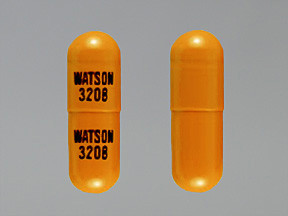
- color
- orange
- shape
- oblong
- imprint
- WATSON 3208, WATSON 3208
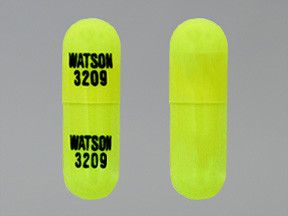
- color
- yellow
- shape
- oblong
- imprint
- WATSON 3209, WATSON 3209
Reviews
Faq for RIVASTIGMINE - ORAL
Rivastigmine is an oral medication used to treat mild to moderate dementia associated with Alzheimer's disease or Parkinson's disease.
Rivastigmine increases the levels of chemicals in the brain that are involved in memory, thinking, and reasoning. It helps to improve cognitive function in individuals with dementia.
The common side effects of Rivastigmine may include nausea, vomiting, diarrhea, loss of appetite, dizziness, headache, and weight loss.
Rivastigmine is usually taken twice a day with food. The dosage is gradually increased over several weeks to minimize side effects. It is important to follow your doctor's instructions and not to crush, chew, or open the capsules.
If you miss a dose of Rivastigmine, take it as soon as you remember. If it is close to the time for your next dose, skip the missed dose and resume your regular dosing schedule. Do not double the dose to make up for a missed one.
Rivastigmine is primarily used for Alzheimer's disease and Parkinson's disease-related dementia. It is not typically prescribed for vascular dementia, as there are other medications more commonly used for this condition.
The effects of Rivastigmine may take several weeks to become noticeable. It is important to be patient and continue taking the medication as prescribed.
Rivastigmine is not recommended for use during pregnancy or breastfeeding, as its effects on the unborn baby or nursing infant are not well understood. It is important to consult with your doctor if you are pregnant or planning to become pregnant.
Signs of an allergic reaction to Rivastigmine may include rash, itching, swelling, severe dizziness, or trouble breathing. If you experience any of these symptoms, seek immediate medical attention.
Disclaimer
IMPORTANT: HOW TO USE THIS INFORMATION: This is a summary and does NOT have all possible information about this product. This information does not assure that this product is safe, effective, or appropriate for you. This information is not individual medical advice and does not substitute for the advice of your health care professional. Always ask your health care professional for complete information about this product and your specific health needs.
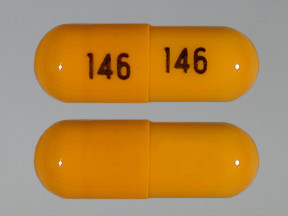
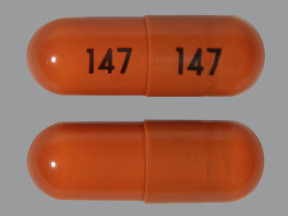
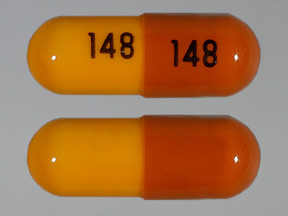

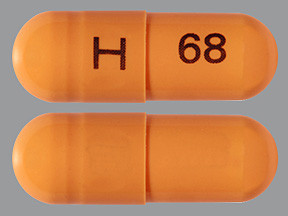
No Reviews Yet